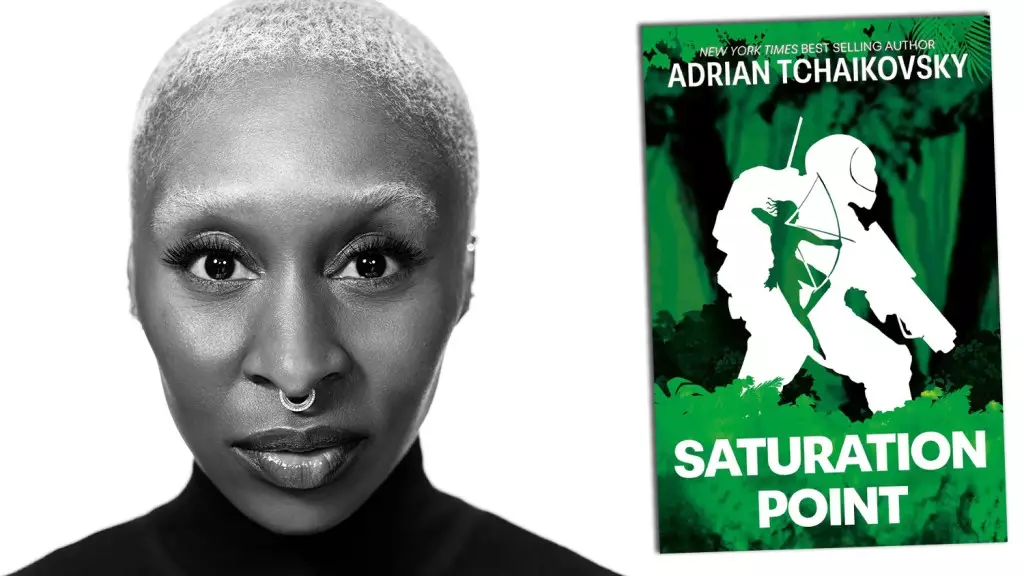Cynthia Erivo’s move to produce a feature adaptation of Adrian Tchaikovsky’s science fiction thriller *Saturation Point* through her production company Edith’s Daughter is undeniably ambitious. It’s encouraging to see a leading Black actress and advocate for underrepresented stories stepping into the sci-fi genre, which historically has lacked diversity both in front of and behind the camera. However, the involvement of Platinum Dunes — the production outfit co-founded by Michael Bay, synonymous with explosive yet often critically panned action spectacles — injects a complicated dynamic. On one hand, their involvement ensures large-scale resources and market visibility. On the other, it risks overshadowing the nuanced, socially relevant storytelling that Edith’s Daughter aims to promote with Tchaikovsky’s rich thematic material.
Navigating the Complex Terrain of “The Zone”
The premise of *Saturation Point* centers on Dr. Jasmine Marks entering a hostile equatorial rainforest, where nature itself becomes antagonist and the idea of “intelligent life” is subverted. This concept taps into pressing ecological anxieties and questions about humanity’s place in the natural world — fertile ground for clever, thought-provoking science fiction in a moment when climate crises demand attention. But translating such dense thematic content onto the big screen is fraught with challenges. Commercial Hollywood tends to favor spectacle over subtlety. There’s a significant risk that what should be an introspective narrative about survival, intelligence, and coexistence becomes yet another CGI-heavy thriller that prioritizes bombast over depth.
Representation versus Commercial Viability: The Eternal Hollywood Tug-of-War
Erivo’s Edith’s Daughter began with a mission to normalize and celebrate the beauty of underrepresented communities. This is a vital corrective in an industry long dominated by narrow narratives. Yet, aligning with Universal Pictures and Platinum Dunes — studios that often emphasize box office metrics — raises questions about creative control and authenticity. Can the production maintain its ideological integrity while catering to mass audiences conditioned to consume formulaic blockbusters? The tension between representation and commercial pragmatism remains palpable.
A Cultural Moment Wrapped in Compromise
Cynthia Erivo’s growing cinematic stature, bolstered by her lauded turn in *Wicked* and multiple award nominations, amplifies the spotlight on *Saturation Point*. This makes it a potential landmark for diverse voices in genre filmmaking. But it also exemplifies the compromises often necessary for such ambitions to materialize in mainstream Hollywood. We see the interplay of progressive intent and capitalist realities: a female-led, racially conscious sci-fi story propelled by a major studio yet entwined with producers whose reputations suggest a different set of priorities.
The project’s future will reveal whether this collaboration can defy industry stereotypes — delivering a smart, socially resonant film that also satisfies blockbuster appetites — or if it will fall prey to the pitfalls of commercialized representation. Either way, *Saturation Point* reflects the complicated state of contemporary cinema where hope, talent, and systemic constraints collide.


Leave a Reply